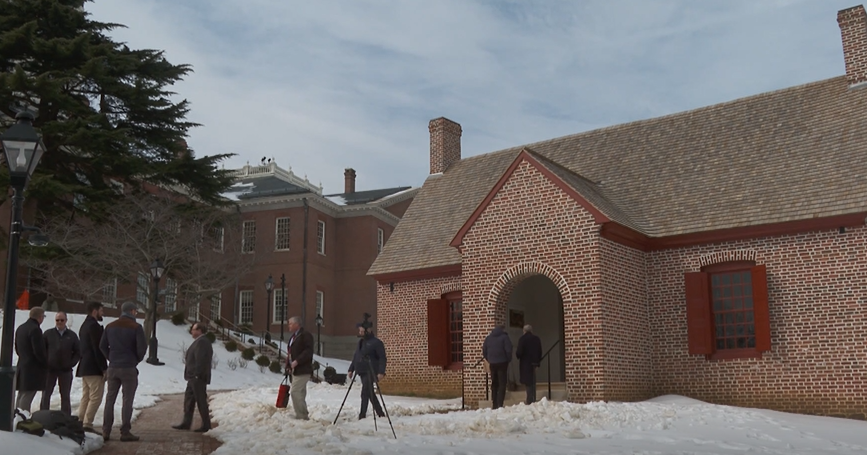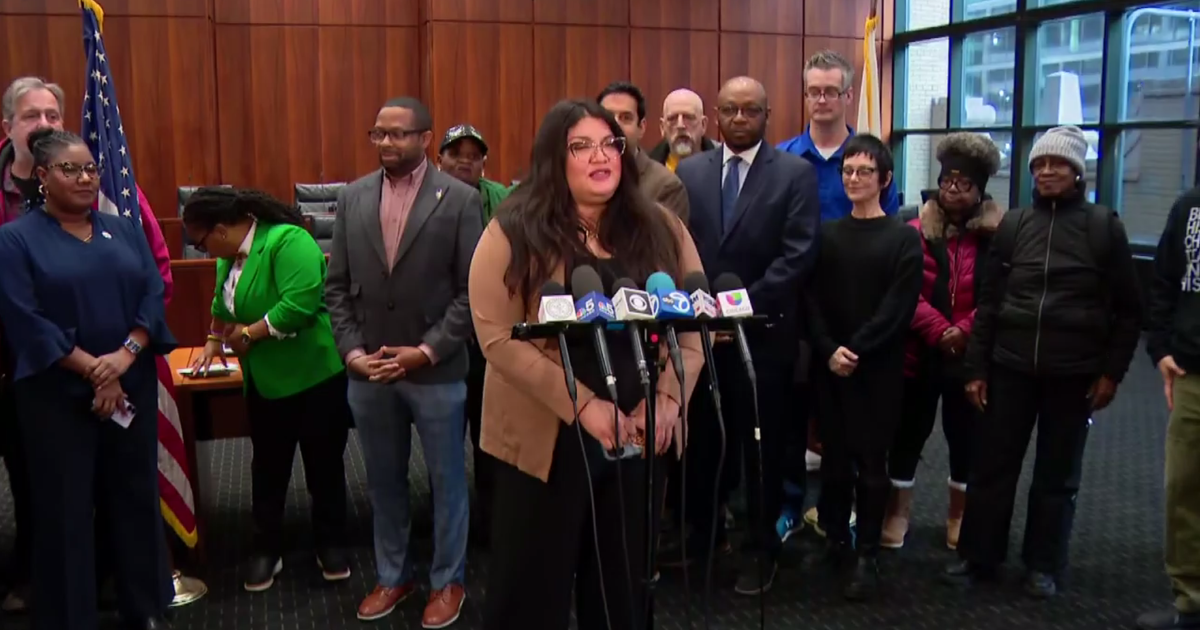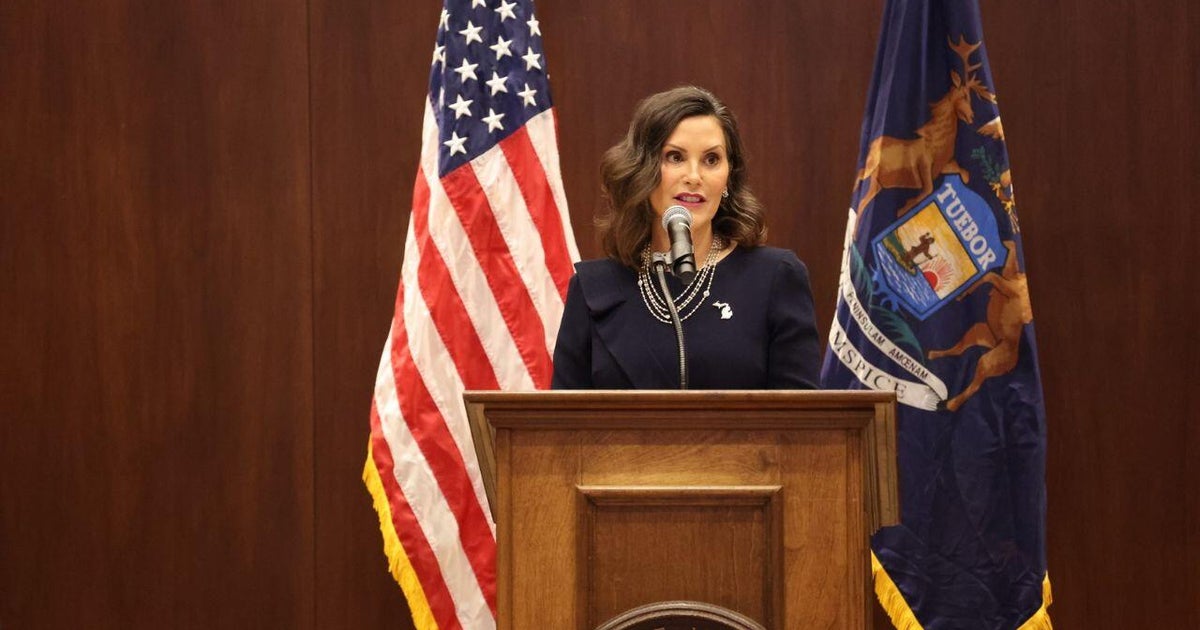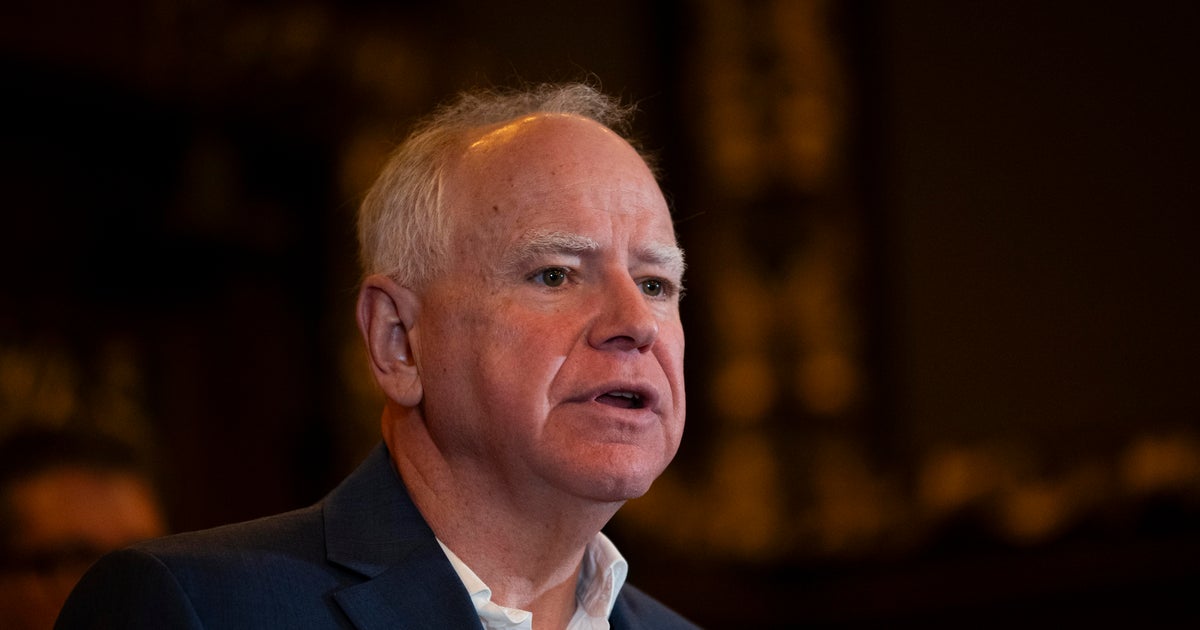General Assembly Ends Session Of Heavy Lifting
ANNAPOLIS, Md. (AP) -- The Maryland General Assembly adjourned late Monday following a session of heavy lifting after most of the major bills already had been passed last week or even earlier, but a high-profile measure to address dog bite liability failed in the waning hours.
Measures on gun control, a repeal of capital punishment, the state's first gas-tax increase in 20 years and a huge Baltimore city schools funding initiative already had been sent to the Democratic governor's desk before the last day even started. Democrats and Republicans both noted that the session marked a greater embrace of progressive legislation in a state that has long been heavily Democratic.
With the hardest work behind them well before the midnight deadline, lawmakers tightened distracted driving laws by passing a measure enabling police to pull over a driver while talking on a cell phone when a vehicle is in motion. Now, drivers can only be ticketed if they are pulled over for another offense.
A measure to change the law to address a court ruling defining pit bulls as "inherently dangerous" failed. It would put more responsibility on all dog owners and ease strict liability standards on landlords for dog bites. A campaign finance reform bill squeezed though late, however, to close loopholes in state law.
Lawmakers also passed a bill to allow medical marijuana.
This year's session has been one of the most successful for O'Malley, now in his second term. He also won approval of a framework to help enable offshore wind energy development. The Baltimore schools bill will allow the city to issue about $1 billion in bonds to build 15 schools and renovate up to 40 others.
Despite the full agenda, O'Malley described the session as one of the most orderly he has experienced. He credited House Speaker Michael Busch, D-Anne Arundel, and Senate President Thomas V. Mike Miller, D-Calvert, with mobilizing the strong Democratic majorities in both chambers to pass difficult legislation in the governor's seventh legislative session.
"I think it's been a very effective session," said O'Malley, who is considering a presidential run in 2016. "We've had to deal with a lot of tough and difficult issues, but the legislature and the leadership -- the speaker and the Senate president -- have managed these tough issues in a very orderly way."
This atmosphere of this session's last day was strikingly different from last year, when an impasse over income tax increases and gambling expansion led to a midnight adjournment without a budget agreement. O'Malley called two special sessions last year to address the budget and gambling separately. The state's $37 billion budget for the next fiscal year was passed last week.
Miller, who has been a Maryland lawmaker since 1971 and has presided over the Senate for 27 years, said the session illustrated a noticeable change in Maryland politics.
"The state has become more progressive," Miller said. "There's no question about it. Bills are passing this year on gun control and death penalty that would not have seen the light of day 20 years ago. That's good news to some. It's bad news to others."
Senate Minority Leader E.J. Pipkin, R-Cecil, said the session illustrates a big shift to the left.
"I think, led by the governor, the left-wing, liberal, extreme part of the Democrat Party has hijacked the state of Maryland, and it's holding it hostage," Pipkin said.
The passage of high-profile and disputed measures such as the death penalty repeal and the sweeping gun-control bill raised the possibility that opponents could petition legislation to the ballot. Last year, Maryland voters had the last say on the state's version of the Dream Act and same-sex marriage -- and approved both. It was the first time in two decades legislation had been petitioned to the ballot. Opponents would need to submit 55,736 valid signatures to put a measure on the ballot.
O'Malley noted that voters approved the Dream Act with 58 percent of the vote. The law allows some students who are not in the U.S. legally to pay in-state tuition at Maryland colleges.
"The people of our state are smart and they're fair," O'Malley said. "I mean, look at the way the Dream Act passed overwhelmingly. When initially it was passed in the legislature, there weren't a whole lot of people that might have predicted that. But I knew in the fullness of time, I felt in the fullness of time, that the people of our state were smart and fair and intelligent, and so any of these issues could go to referendum and, you know, that's our system."
The session also marked a year when a variety of bills that stalled over the years were passed. For example, O'Malley pushed to abolish the death penalty in 2009, but fell short of full repeal. His offshore wind proposal failed two years in a row. And the governor's gas tax was unsuccessful last year.
Supporters of medical marijuana backed that measure for several years and finally won passage of it Monday. The Senate vote was 42-4.
The bill would allow academic medical research centers to run programs for patients. The medical centers would be required to specify the conditions the drug would treat and the criteria by which patients would be allowed to participate. A medical center also would have to provide the state health department with data on patients and caregivers on a daily basis. The data also would have to be available to law enforcement. O'Malley said he "probably would" sign the bill.
(Copyright 2013 by The Associated Press. All Rights Reserved.)







